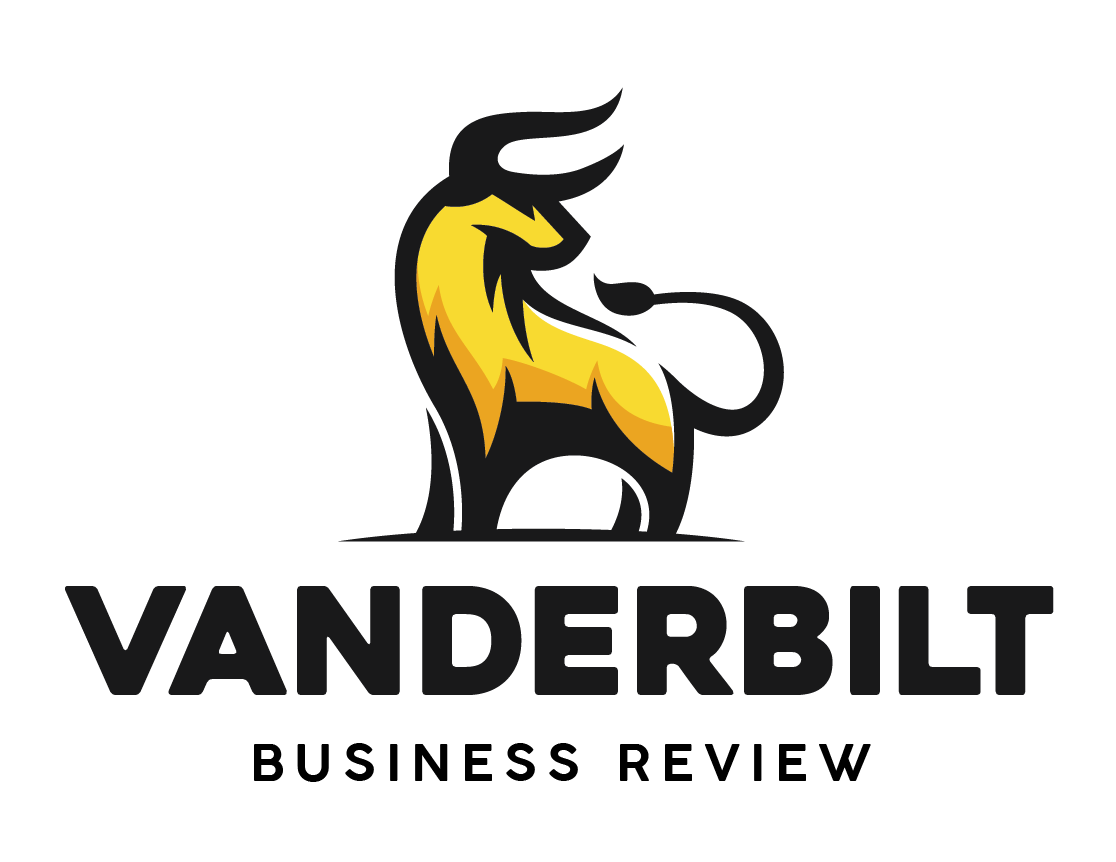Nutthaseth Vanchaichana via iStockPhoto
The age-old rivalry that has long divided the nation: Coke vs. Pepsi. Some claim they taste the same, while others say they are incomparable. Those with a strong preference for one of the two find themselves in unfortunate situations when the waiter replies, “sorry, we don’t carry [preferred cola drink], just [undesired cola drink].” For the consumer who enjoys both Coke and Pepsi alike, this poses no real inconvenience. But for consumers on either end of the spectrum, the lack of their favorite cola turns day into night. Now imagine a die hard Coke-lover coming to Vandy only to discover soda machines stocked with…..Pepsi.
The reason why many campuses stock their soda machines with just one cola beverage comes down to several factors. According to Associate Vice Chancellor of Auxiliary Services, David ter Kuile, the university considers “competitive pricing, product range, sustainability efforts, and the level of support for campus events and programs.” The university not only looks at pouring rights from a business standpoint but also with the intention of promoting sustainability and ensuring support for campus events.
Business and Cost Dynamics
On the business and pricing side, ter Kuile noted that “[pouring rights] contracts often come with financial incentives that can directly support the university through scholarships, event sponsorships, or even facility improvements,” while also allowing the university to “negotiate better prices and added benefits.” Evidently, pouring rights benefit the university by providing financial benefits and garnering price negotiations. However, the university is not the only player receiving benefits from this partnership. Amidst the various strategies employed by Coca-Cola and PepsiCo to gain market share, pouring rights contracts have become a vital component of their marketing strategy. Not only do these agreements guarantee exclusivity and a constant sales base from a school, but they also result in 24/7 advertising through logos on items ranging from vending machines to sportswear. Due to these logos, Vandy students on campus are constantly being reminded of PepsiCo’s brand, including those who would not be reached by the company’s traditional marketing avenues otherwise.
Sustainability
In accordance with Vanderbilt’s sustainability initiatives, ter Kuile detailed that Vanderbilt’s agreement with PepsiCo “specifically addressed sustainability concerns, and ensured continued support for [the] No.More.Plastic. waste reduction initiative.” In 2020, Vanderbilt announced its official partnership with PepsiCo and stated that the company’s commitment to sustainability and healthier options met the expectations of the university’s goal to eliminate single-use plastics. Not only did the agreement offer Pepsi to the university community, but also PepsiCo products such as Gatorade, Pure Leaf Iced Tea, Aquafina, Naked, Propel, and more. Knowing students were searching for healthier drink options, these hydration and juice options line up with Vanderbilt’s desire to fulfill student wishes.
Concluding Thoughts
Ter Kuile assured me that Vanderbilt regularly reviews the provisions of the contract, as well as other partnerships, to ensure that it continues to benefit the Vanderbilt community. Although many students may resent the absence of Coke on campus, the university’s intent behind its partnership with PepsiCo is targeted towards benefitting the entire Vanderbilt community. Ultimately, the university viewed PepsiCo as a stronger candidate due to its values surrounding sustainability and health and its ability to aid the university in its zero-waste initiative. In ter Kuile’s words, “at the end of the day, choosing one provider allows us to build a stronger, more cohesive partnership that serves the university well.”



